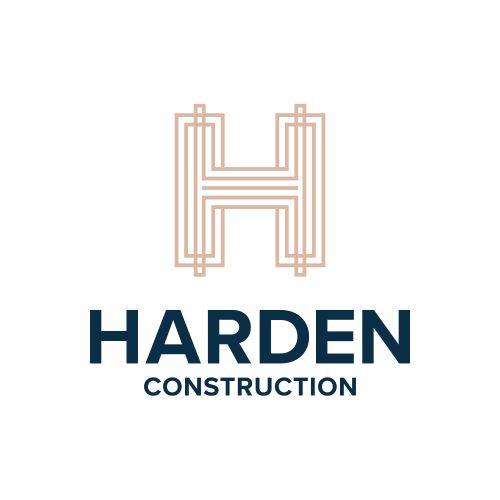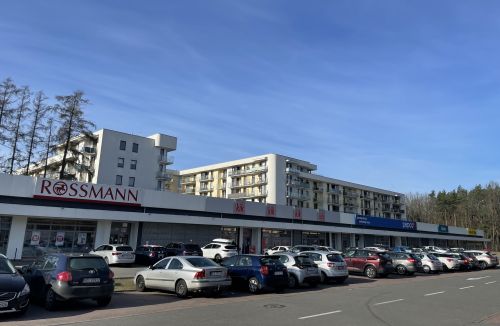Those following the US stock market have been reporting that the first half of 2022 has been the worst for investors in the last 30 years. The Nasdaq has lost almost 30 pct, while the Dow Jones and the S&P haven’t fared much better. The Fed has opted for the highest interest rate hikes since 1994 in response to soaring inflation – and this is only one example of a central bank reacting to global price rises: even the Swiss central bank has raised its negative interest rate and the European Central Bank has been sending out signals that rates will rise in the euro zone. Under these circumstances, the talk of a recession is growing louder with such a possibility being suggested by large investment banks as well as the likes of Elon Musk and Warren Buffet. The crucial questions right now are whether economies will slow down as a result of the interest rate hikes and how effective this measure will be at curbing inflation, when considering that over the last 10–15 yea






























































